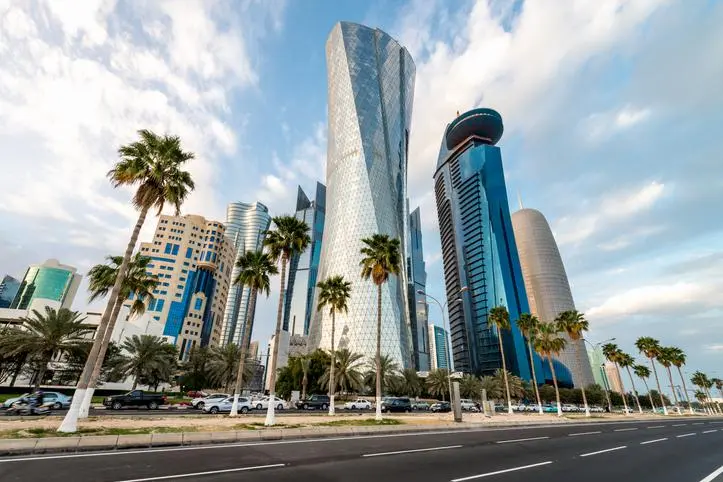PHOTO
Qatar has embarked on the vital phase towards moving to the ranks of developed countries by launching the Third National Development Strategy (NDS3) 2024-2030, last Wednesday. This is the final stage on the path to achieving the goals of the Qatar National Vision 2030, launched in 2008. The aim is to transform Qatar into an advanced state capable of achieving sustainable development and ensuring the continuation of a decent life for its people for generations to come, through four basic pillars - human, social, economic, and environmental development.
NDS3 aims to strengthen Qatar’s ability to face challenges and aims to accelerate economic growth at an average annual growth rate of 4% until 2030 by expanding the production of gas, supporting the sectors contributing to economic diversification and creating specialised economic clusters. It is envisaged to make the country one of the top 10 destinations in the world for investors and companies to create specialised economic clusters and build an innovation system that relies on the private sector.
Qatar aspires to be a country that provides the best standards of life, especially for families, and this ambition includes major areas such as education, health care, entertainment, culture, environment and public safety. Qatar also aims to build a vibrant innovation ecosystem supported by the private sector and increase workforce productivity by 2% annually.
The country will establish a sustainable and resilient medium-term general budget framework with healthy levels of debt and increase the contributions of non-oil sectors to boost government revenues.
Employment policies are to be improved to raise the percentage of skilled workers to 46%. Qatar is set to employ more than 20% of the Qatari workforce in the private and public-private sectors. One of the significant main elements of the economic development model in the NDS3 is developing the government’s role to enable the private sector to lead and drive economic growth and concentrate efforts on highly productive, specialised, and competitive clusters in addition to adopting bold and fast reforms in the business environment, as well as encouraging the active participation of leading national companies, as well as the Qatar Investment Authority and supporting qualitative innovations mainly led by the business sector. NDS3 aims to prepare a framework for medium-term public budgets that are more sustainable and able to handle surprises, in addition to access to a flexible balance sheet characterised by healthy levels of debt, as well as an increased contribution of non-hydrocarbon sectors to government revenues.
Yet another objective is to build and strengthen strong families by expanding policies that support childbearing and marriage and increase women’s ability to enter the workforce. NDS3 will launch in-home care services for the elderly, develop strategies to prevent domestic violence and expand social centres for people with disabilities. The strategy will ensure the effective management and protection of environmental resources and reduce greenhouse gas emissions by 25% by optimising electricity and water consumption, improving production efficiency and encouraging the use of sustainable transport.
NDS3 will establish world-class government and e-government services, so that the customer satisfaction rate reaches a minimum of 85%, with 90% of services digitised. This will be achieved by increasing system integration and data exchange between government entities. Qatar will continue to commit to its vital role in the international arena, supporting peace and stability and contributing to the peaceful settlement of conflicts through its approach that emphasises dialogue and mediation as two basic pillars of conflict resolution.
Qatar will also continue to strengthen its initiatives for humanitarian and development aid, including ensuring that it swiftly and efficiently reaches the people who need it most.
© Gulf Times Newspaper 2022 Provided by SyndiGate Media Inc. (Syndigate.info).





















